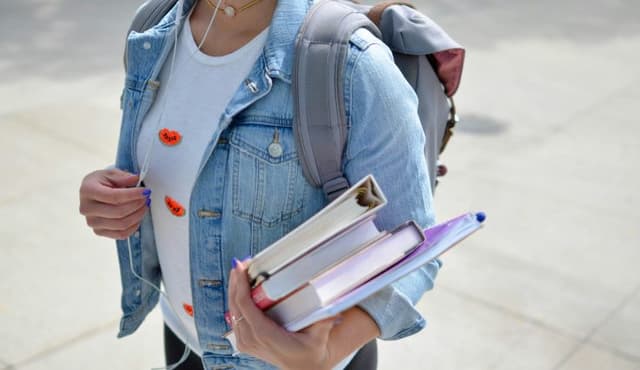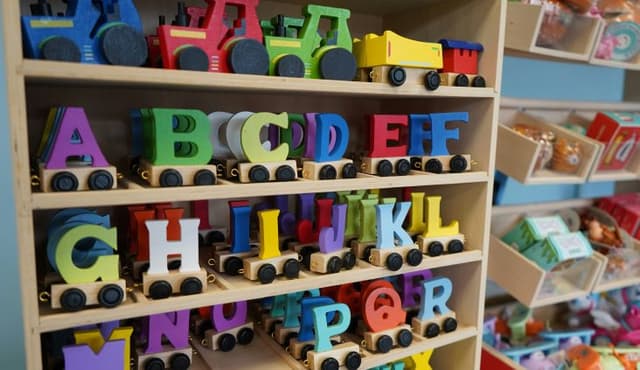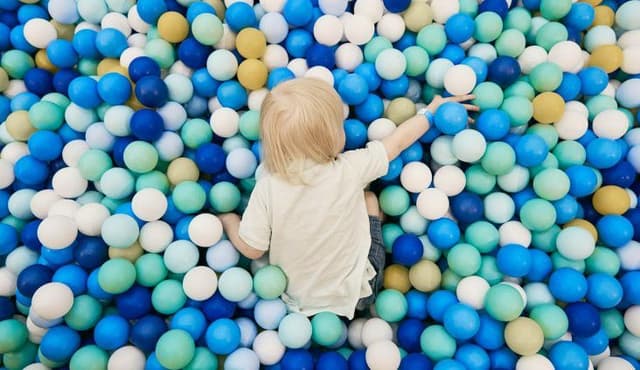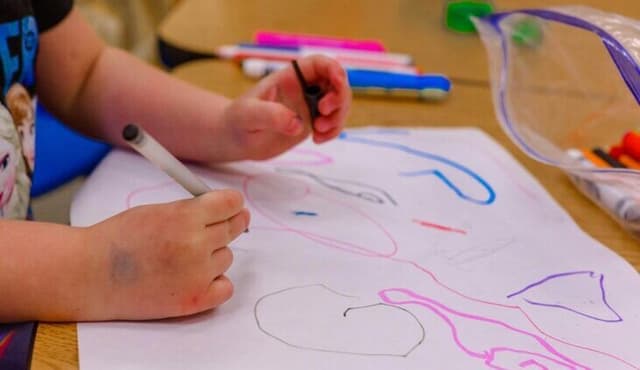General News
MicroToons project makes STEAM accessible through fun cartoons
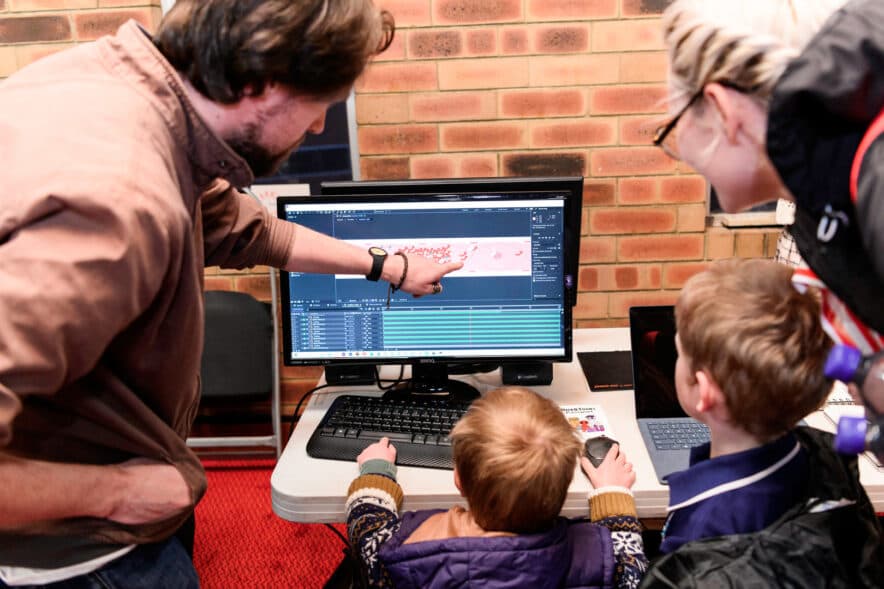
Freya Lucas
Jul 11, 2023
Save
A project using fun animations created by and made inclusive for people with neurodiversity and disabilities has won an $18,000 Inspiring Australia National Science Week Grant to help people with autism engage with science, technology and art.
The project is a collaboration between Edith Cowan University (ECU) academic Dr Rina Fu (Dr Rina), animation studio Red Bird Creative and disability services provider 4lifeskills, and its accessible design may also make science, technology, engineering, arts and mathematics (STEAM) concepts more available and easily understood by children.MicroToons uses dialogue-free animated short stories to explain various aspects of biology, featuring characters such as blood cells and microbes. It’s the project’s second federal National Science Week grant, with the first being used to create the multi-award-winning MicroToons: Pimple in 2021.
It also caught the attention of Federal Minister for Early Education and Minister for Youth Dr Anne Aly, who requested a meeting with Dr Rina to discuss the project in depth.
Autistic and neurodiverse artists have been involved throughout the creative process, from storyboarding, to the evolution of characters from pencil sketches to computer graphics and moving animations.
Dr Rina, who has a brother with autism, said the aim for MicroToons was to show science, technology and art in a new light.
“People with autism can struggle to engage with science, technology, and art; but when they manage to, it can empower them,” Dr Fu said.
“For a lot of neurodiverse people, the stimulus which makes something enjoyable for the wider population can actually be stressful, overstimulating and a trigger point for anxiety and behavioural changes.”
“So, for MicroToons, we were careful with our colour scheme so it’s not fluoro, bright yellow on the screen, which research has shown can prove challenging for people with autism.”
The decision to not include dialogue was a deliberate one, designed to make it accessible without the language barrier and it’s easily translatable to other languages.
“Using cinematic sound effects and simple labels makes the complexity easily understandable for a wide audience. So, whatever your background, you’ll take something away from the MicroToons story,” Dr Rina added.
The new grant will go towards the creation of a new story, MicroToons: Scab, which will be launched on August 25 at an event including hands-on science activities which are inclusive of people with disabilities.
Inspiring the next generation of scientists is important to Dr Rina – who regularly conducts school visits, stage shows, community outreach programs and has written and illustrated multiple science picture story books including ‘My Mad Scientist Mummy’ and its upcoming sequel, ‘My Mummy’s Pet Parasites’.
Don’t miss a thing
Related Articles














